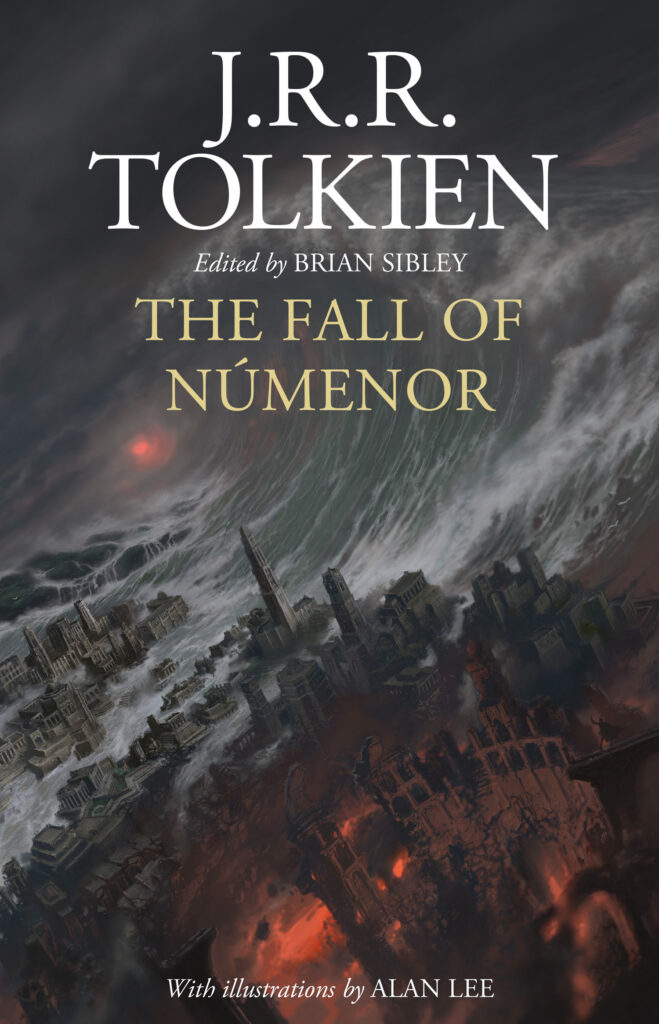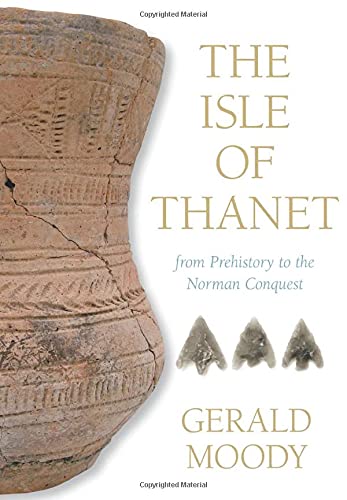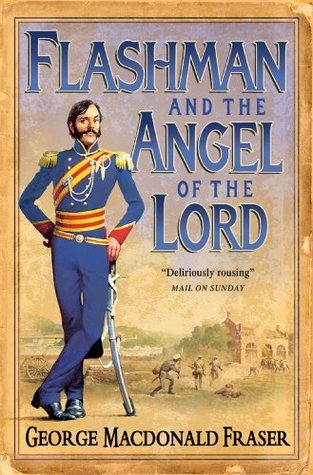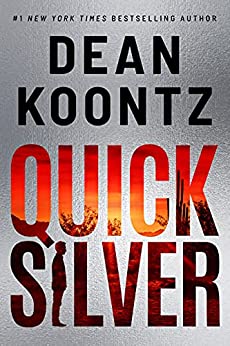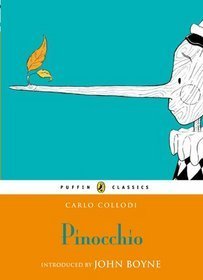
In between other books, at the moment I am re-reading some of the stories I read when I was young. Seeing Blind Voices on the shelf at my parents’ house, I remembered being enchanted by an atmosphere of fairground mysticism when I read it and, taking it from the bookshelf, I read the blurb and then the back cover – and remembered again that this was Tom Reamy’s only book and that he had died before Blind Voices was published. This aura of tragedy overlay my memory of the book: all I could remember was a halo of heat and brassy fairground music; I had no recollection of the story itself, other than that I had enjoyed it.
So I brought Blind Voices home and set to reading it again. And, yes, there was a travelling show, although it was an out-and-out freak show rather than the travelling fair with outlandish exhibits that I vaguely recalled, and yes, the story is suffused with the heat and dust of summer on the flat grain plains of the American heartlands. But is it a good story?
Well, yes, but when I first read it – checking the copyright date that was 46 years ago! – I had not yet read Ray Bradbury. The story is basically Something Wicked This Way Comes with more sex (I’m rather surprised that the teenage me that read the story didn’t remember this at all) and children who you start off thinking are protagonists but end up being merely observers. Now, it’s clear that it’s a good story rather than a great story, one that wears its influences so clearly that it’s almost a homage to Bradbury.
However, it does still retain its air of quiet tragedy for I think it’s clear that Reamy would have gone on to be a major writer in his own right if he had not died so young. He had talent and he was on his way towards finding his own voice but he had not got there yet with this book.
A note about the cover: it’s one of the worst I’ve ever seen, and bears no relation to anything in the book. Please don‘t judge this book by its cover!
